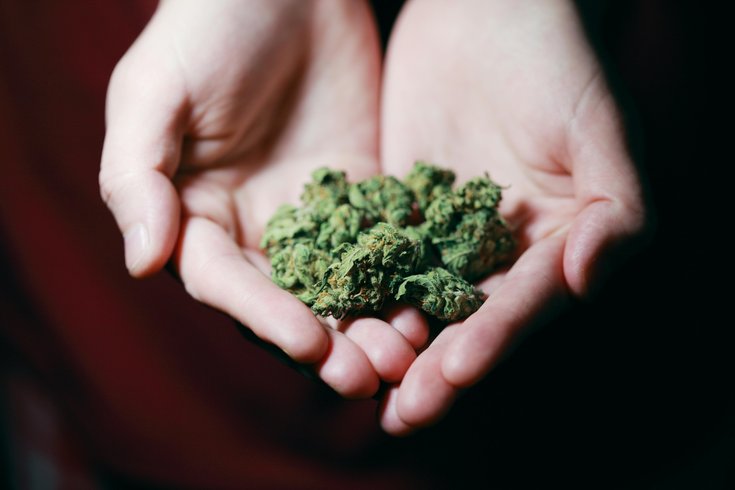
December 12, 2023
 Alexander Grey/Pexels.com
Alexander Grey/Pexels.com
New research shows that marijuana use during pregnancy is associated with a higher risk of complications like low birth weight, stillbirth and hypertensive disorders in mothers.
Marijuana use during pregnancy could increase the risk of health problems for both babies and mothers, according to a newly published study that evaluated thousands of expecting women in the United States.
Pregnant women who used marijuana had a 25.9% likelihood of unfavorable birth outcomes, compared to 17.4% for pregnant women who did not use cannabis, the study found. Low birth weight, which can cause immediate and long-term health risks for babies, as well as medically induced preterm birth and stillbirth were linked to marijuana use among mothers. Pregnant women who used marijuana also had higher rates of hypertensive disorders stemming from high blood pressure.
"We found that cannabis use during pregnancy was associated with a risk of poor pregnancy outcomes," researcher Torri Metz, an obstetrician at the University of Utah Health, told NBC News. "And the risk increased with increasing use during pregnancy. This shows that it’s best not to use cannabis during pregnancy."
Metz said the analysis found that the earlier women stopped using marijuana during their pregnancies, the less likely they were to have any of the negative outcomes tracked in the study.
The study, published Tuesday in the Journal of the American Medical Association, included 9,000 pregnant women. Researchers examined the amount of marijuana they used and when they used it during their pregnancies. They monitored the amount of THC — the psychoactive ingredient in marijuana — in urine samples collected from the women to determine their exposure to the drug.
sheds light on a subject that has not been well-understood or studied much in isolation from nicotine use — already a well-known cause of birth complications. Previous studies on pregnancy and marijuana use have sometimes yielded conflicting results because nicotine and marijuana use — as well as the use of other drugs — were not viewed separately.
Researchers behind the new study screened women for nicotine use, enabling them to evaluate the effects of marijuana independently.
The study did not examine the differences between smoking, vaping and consuming marijuana edibles, but groups like the American College of Obstetricians and Gynecologists and the U.S. Substance Abuse and Mental Health Services Administration say THC's potential to harm developing babies means all forms of consuming cannabis pose risks for pregnant women.
Some women use marijuana to help with morning sickness and pain that comes with pregnancy. But the U.S. Food and Drug Administration has warned against marijuana use during pregnancy, citing evidence that THC crosses the placenta and can affect a baby's developing brain. THC also can be passed to babies in breast milk if mothers continue to use it after giving birth.
Due to these concerns, the FDA strongly advises against pregnant women and breastfeeding mothers using any form of cannabis, including CBD.
Kathryn Gray, an associate professor and director of maternal-fetal medicine research at the University of Washington School of Medicine, told the Washington Post the new study adds to the reasons marijuana use shouldn't be recommended during pregnancy.
"That should be a conversation that's happening during preconception clinic visits, so when people are thinking about getting pregnant or when they come in for the first prenatal visit, that should be something that is routinely assessed," Gray said.